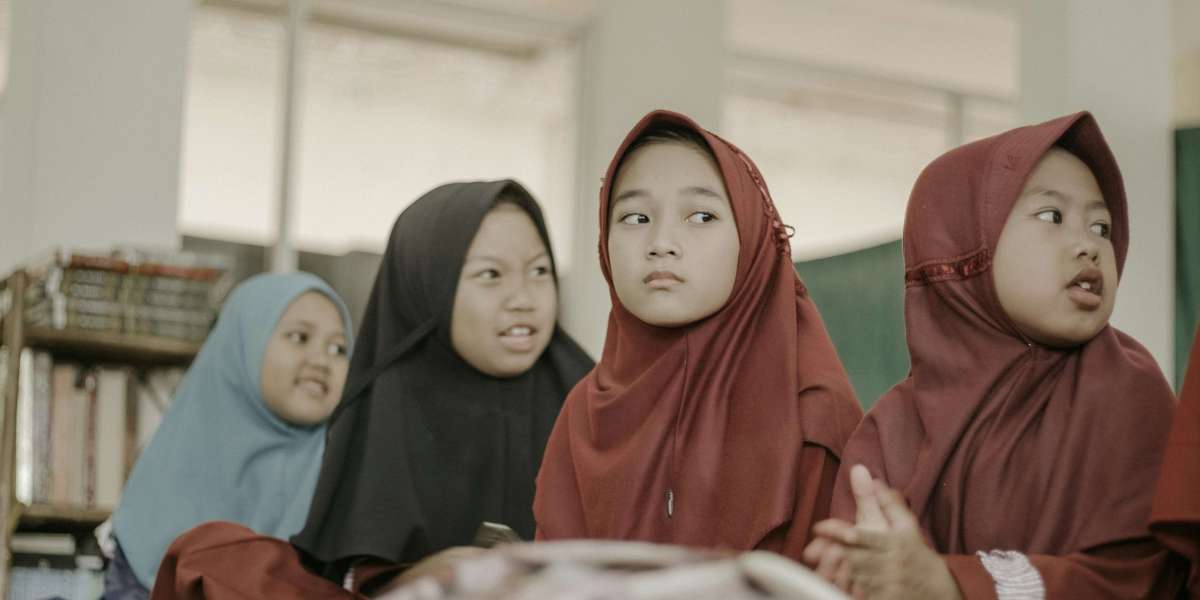Introduction
Education is one of the most powerful tools for shaping individuals and communities. For Muslims, education is not only a right but also a responsibility, as emphasised in the Qur’an and Hadith. Across the UK and beyond, various initiatives have been launched to combine high-quality education with strong Islamic values. Among these, the Islamic Educational Trust (IET) stands out as a pioneer, dedicated to providing children and young adults with the skills, knowledge, and faith required to succeed in both this life and the next.
This blog explores the role of the Islamic Educational Trust, its mission, achievements, and the impact it continues to have on society.
The Vision and Mission of IET
The Islamic Educational Trust was founded with a simple yet profound vision: to create educational institutions that foster academic excellence while preserving Islamic identity. In an era where secular and religious education are often separated, the Trust bridges the gap by ensuring that students receive a holistic learning experience.
Its mission is centred on three core principles:
Academic Development – delivering high-quality education in line with national standards.
Spiritual Nurturing – teaching Islamic values, Qur’an, and Arabic alongside core subjects.
Community Empowerment – engaging with families and society to build a stronger, cohesive Muslim community.
Schools and Institutions under the Trust
Over the years, the Islamic Educational Trust has established and supported a variety of schools and programmes. These institutions range from primary and secondary schools to specialised Islamic grammar schools, each playing a vital role in nurturing students.
Some of the well-known schools under or supported by the Trust include:
Manchester Islamic Grammar School for Girls (MIGSG)
KD Grammar School for Boys
Manchester Muslim Preparatory School
Other feeder primary and secondary schools under the Trust umbrella.
Each institution follows the UK National Curriculum while integrating Islamic studies, ensuring that students graduate with both academic qualifications and a deep connection to their faith.
Academic Standards and Achievements
The Trust has consistently achieved high academic results, particularly in core subjects such as English, mathematics, and sciences. Many students go on to excel in higher education and professional fields, reflecting the Trust’s commitment to excellence.
But what makes these achievements unique is that they are not attained at the expense of religious education. Instead, Islamic principles such as honesty, discipline, and perseverance are woven into the learning process, enriching the overall educational journey.
Islamic Studies and Identity Building
One of the defining strengths of the Islamic Educational Trust is its comprehensive Islamic studies programme. Students are taught Qur’an recitation (tajweed), memorisation (hifz), Islamic jurisprudence (fiqh), history, and Arabic language.
In addition, daily prayers, weekly assemblies, and school-wide celebrations of Islamic events (such as Ramadan and Eid) reinforce the faith. This ensures that children grow up with a strong Muslim identity, proud of their faith while also prepared to engage with the wider world.
Extracurricular Activities and Holistic Development
The Trust goes beyond academics by providing a wide range of extracurricular activities. These include sports, debate clubs, arts, charity events, and leadership programmes. Such opportunities encourage teamwork, creativity, and responsibility—skills that are vital for success in modern society.
Students are also encouraged to participate in community service projects, instilling values of compassion and empathy. These initiatives help shape students into well-rounded individuals who not only excel in education but also contribute positively to their communities.
Parental Involvement and Community Engagement
A unique feature of the Islamic Educational Trust is its emphasis on parental involvement. The Trust believes that education is a shared responsibility between schools and families. Regular parent-teacher meetings, workshops, and community events ensure open communication and collaboration.
Moreover, the Trust engages in interfaith initiatives, charity drives, and local partnerships to foster greater harmony and understanding between different communities. This reflects the Islamic principle of contributing to society as a whole.
Challenges and Opportunities
Like all educational organisations, the Islamic Educational Trust faces challenges such as funding, maintaining high standards, and adapting to new educational policies. However, its strong foundation, committed staff, and supportive community allow it to overcome these obstacles.
Looking ahead, the Trust continues to explore new opportunities such as digital learning platforms, teacher training programmes, and expanding its network of schools, ensuring that its vision remains relevant in a rapidly changing world.
Why the Islamic Educational Trust Matters
The Islamic Educational Trust is not just about providing education—it is about preserving faith, culture, and identity while preparing students to excel in society. It matters because:
It equips Muslim children with the tools for worldly success and spiritual growth.
It strengthens the Muslim community by raising confident and educated individuals.
It contributes to wider society by producing responsible, ethical, and compassionate citizens.
Conclusion
The Islamic Educational Trust continues to be a cornerstone of Muslim education, inspiring students, parents, and communities with its vision of combining faith and knowledge. Its schools and initiatives prove that Islamic education can thrive in modern Britain, preparing young people to be leaders, professionals, and role models.
By nurturing generations on the foundation of deen and dunya, the Islamic Educational Trust has become a beacon of excellence and a trusted guide for families seeking holistic, faith-based education. It stands as a reminder that education rooted in Islamic values has the power to transform individuals and strengthen communities for generations to come.














